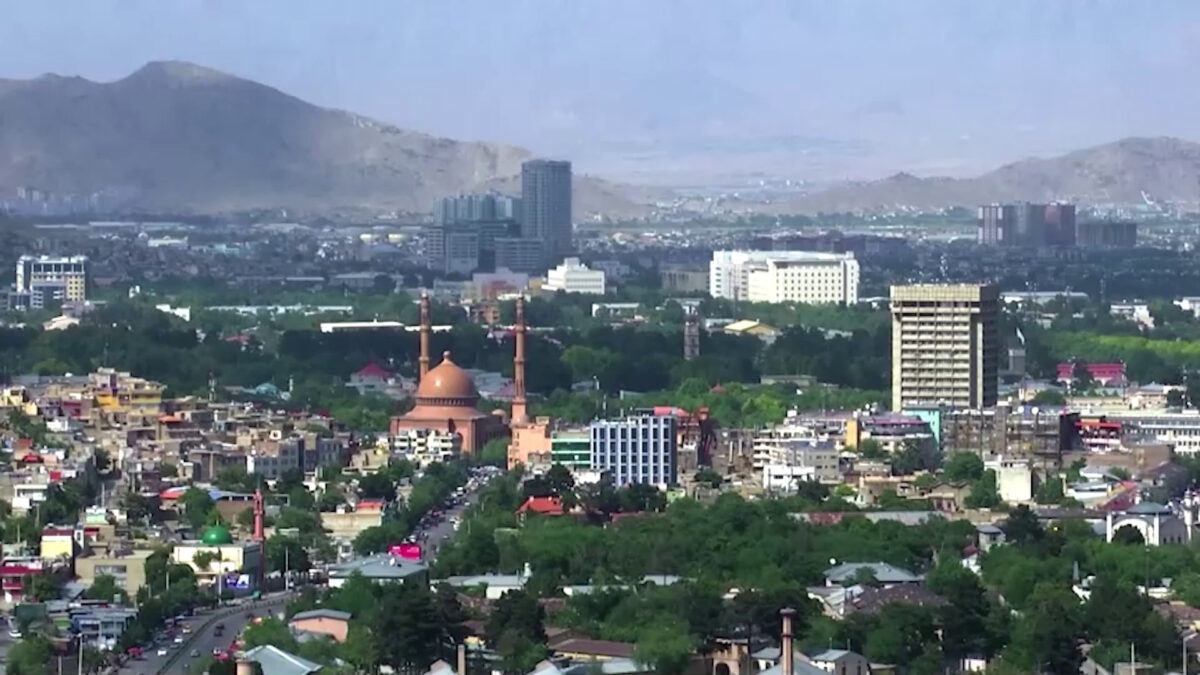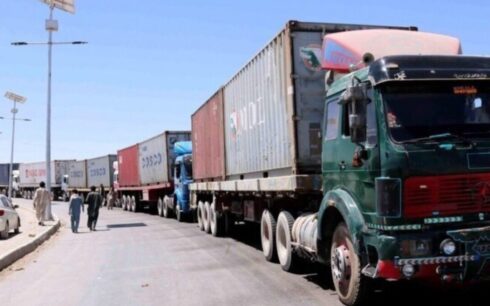A surge in power outages in Kabul over recent weeks has left residents frustrated and grappling with a myriad of challenges. Citizens report receiving only two to four hours of electricity every 24 hours, causing widespread issues in the capital city.
While Kabul’s electricity is primarily sourced from Central Asia, including the Naghlu, Mahipar, and Sarubi power dams, the winter season exacerbates the situation, plunging the city into prolonged darkness. This electricity shortage has a domino effect, extending to water supply issues, leaving many residents without consistent access.
Despite the limited electricity provision, there has been no respite in the cost of electricity bills distributed by the Da Afghanistan Breshna Sherkat or DABS, as voiced by Abdullah, a Kabul resident. “People don’t have electricity, but they have to pay for it,” he remarked.
The convergence of winter challenges, escalating fuel prices, and the prolonged hours without electricity have left citizens, particularly those in the impoverished class, concerned about navigating a difficult winter. Reza, another resident, expressed his worries about the impact on the poor: “How will this hard winter be spent for the poor class?”
Residents also highlighted the impact on communication, with phones remaining inactive due to the lack of electricity for charging. Small entrepreneurs, dependent on a steady supply of electricity, are suffering losses, with some businesses facing bankruptcy.
Asadullah, a Kabul resident, shared his experience, stating, “I wait for hours a day for electricity to come on and repair people’s electrical appliances.”
While projects like the Casa 1000 imported electricity project and the 500 kV project in Turkmenistan were anticipated to alleviate Afghanistan’s electricity challenges, delays have left these solutions unrealized. The incomplete projects contribute to Afghanistan’s need for 1400 megawatts of electricity, with 80% imported from Central Asian countries and Iran, according to information from the Breshna Company under the Taliban administration.
Mohammad Shabir Bashiri, an expert in economic affairs, highlighted the far-reaching consequences of electricity shortages, impacting domestic production, employment, and both the national and familial economies. Over the years, the Taliban has reportedly paid nearly $300 million to electricity-importing countries through electricity consumption.





